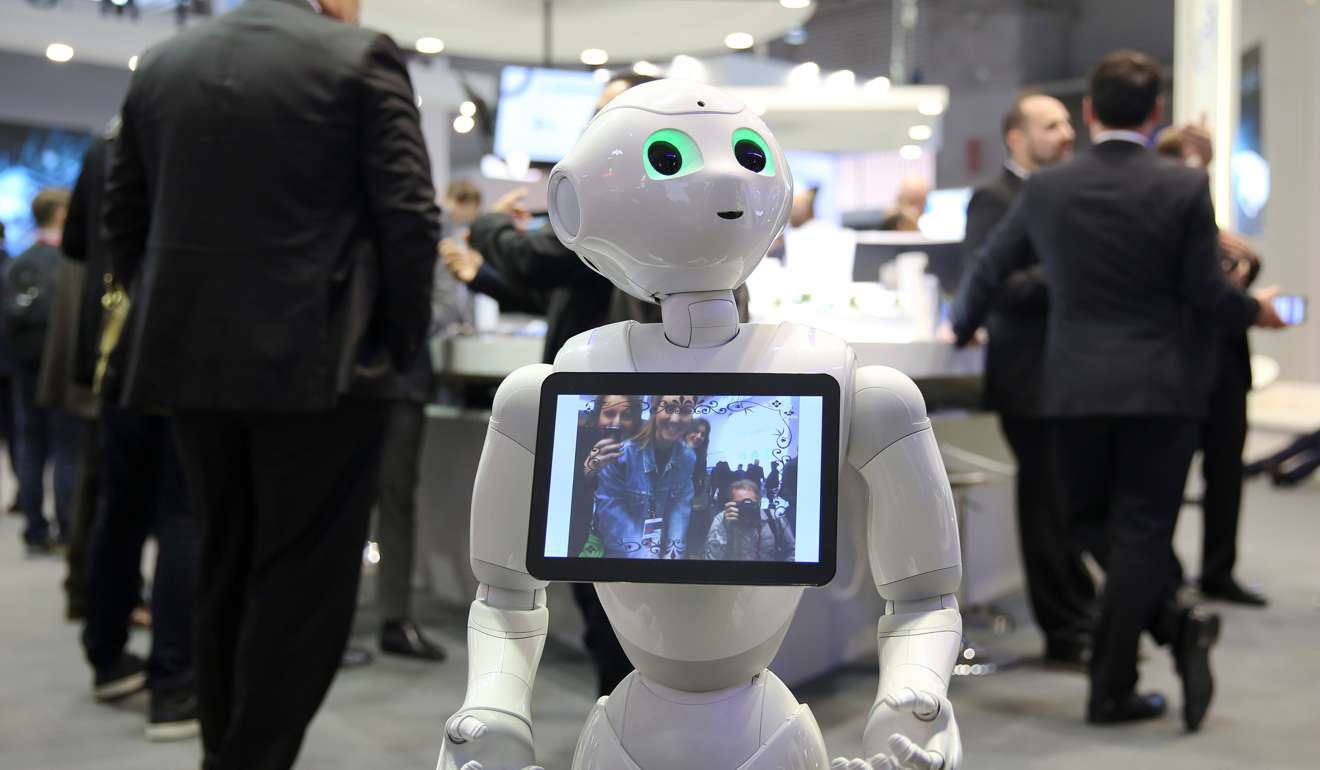
What will we do after robots have taken over? Simple: more work
‘Human’ skills like communication, selling and the ability to empathise will still be valued even as AI changes the face of financial services
What will we do after robots have taken over and changed the face of today’s financial services industry?
We are on an unstoppable path to replace mid-level analysis positions with artificial intelligence (AI) and eliminate many repetitive data-entry financial services jobs with robotics process automation – essentially, the replacement of humans performing rules-based tasks with computer software.
The organisations that succeed in this new world will be the ones that focus on a ‘people first’ approach
It isn’t a question of if, but rather when, as the value proposition is clear. After all, AI will be a game changer and we’re already starting to see wider adoption of robotics process automation in the industry.
AI enables financial services companies to leapfrog traditional rules-based analysis of a limited (due to the human mind’s relatively slower capabilities) number of parameters to a deeper understanding of corporate and customer behaviour, preferences and profitability, sliced, diced and analysed based on a limitless number of data points. It is early days for AI in financial services but its uses range from predictive analysis for product propensity, investment advice and life events to personality preferences and customer attrition detection, to name just a few.
The analysis churned out by AI allows humans to focus on their clients, offer new, bespoke, just-in-time offerings, and have more valuable interactions.
Robotics process automation is already widely deployed, and for good reason. It decreases costs, improves control and increases speed and accuracy for certain processes, particularly in finance, risk and back office operations. And it offers an unparalleled level of enterprise scalability, control and management information reporting.
It is no longer a question of “what if?” It is inevitable. So the next question is, what do we do with the humans?

The key is to stay ahead of this curve, which requires commitment from governments, employers, employees and parents.
On the one hand, there will be a need to continue to improve technology and infrastructure. Governments need to provide high-speed internet access as a right of every citizen, in addition to a basic education that ensures science, technology, engineering and mathematics are core parts of curriculum.
If you aren’t continuously learning, you are at risk. It’s that simple
Employers need to set up the infrastructure and have a long-term strategic view to enable AI and support their staff in building skills in these new technologies. Employees need to take the training offered by their employers seriously. They should also seek continuous learning outside of employment, online, within the community and among peers. If you aren’t continuously learning, you are at risk. It’s that simple. Parents need to emphasise science, technology, engineering and mathematics courses as basic foundation skills for boys and girls, just as reading and writing were viewed in the past.
But the organisations that succeed in this new world will be the ones that focus on a “people first” approach. While technology skills will be a basic requirement, it’s the human “extra” that will make the difference: the person who can communicate well, who can sell, who is empathetic – the traits we extol in relationship managers in private banking – these will still be differentiators in the future.
So, while much will change, much won’t. If we all do our part to stay abreast of technology, it will be simple to answer the question ‘what will we do after robots have taken over so many of today’s financial services jobs?’ More work, of course.
Steve Pemberton is a managing director and head of banking for Accenture’s financial services business in Asia-Pacific
